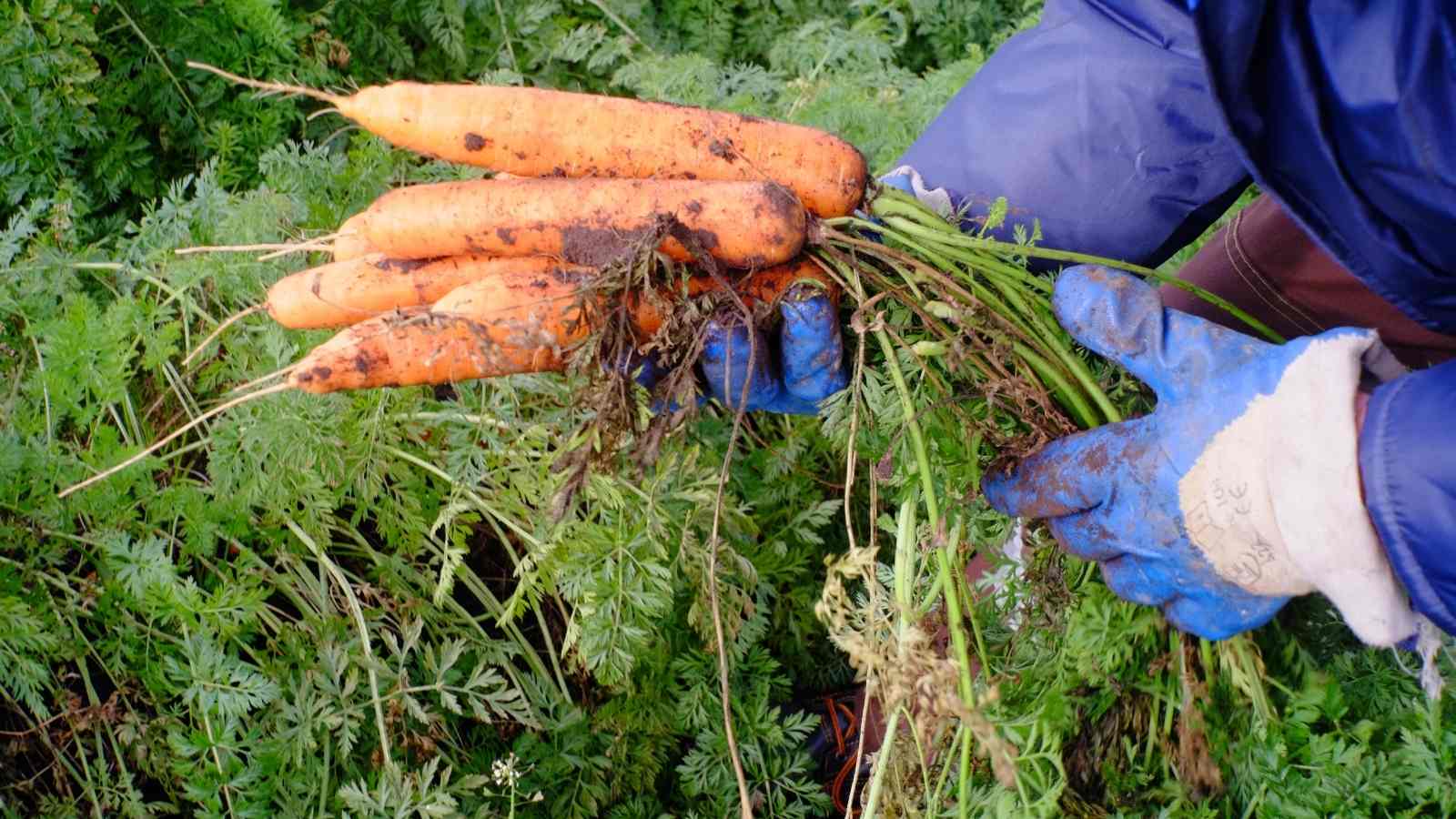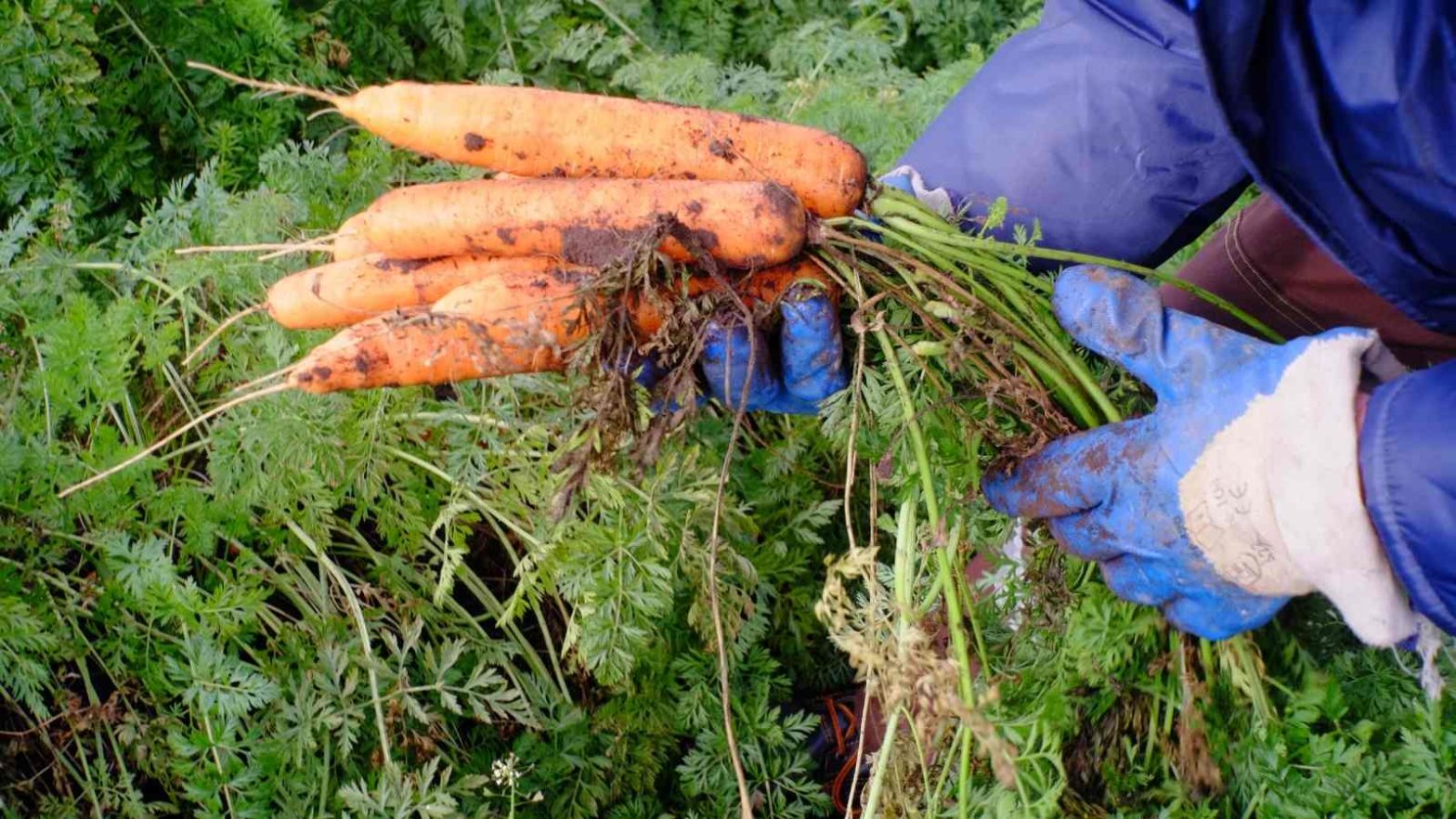To produce stable yields: Follow these steps to maintain the crops regularly
1. The biggest and the most important method to stabilize the yields is by regular weeding
Growing crops is not at all an easy task. The farmers have to go along from planting the seeds to harvesting. The monetary investment in the processes of the farming apart from the manual labour us is huge. To keep the plants safe, it is very important that the farmers take good care of the plants. Likewise, the growth of weeds in the fields happens to take up the available space and encroaches upon the area of the grown crops in the field.
By and large, the crops that are to be grown, get shrivelled up owing to the spread of weeds. The weeds tend to use up the oxygen and the nutrients available in the soil thereby, leading to the dwindling of the plants’ growth. So, first and foremost, to stop the menace of the weeds, the farmers should be aware of not adding any extra amount of fertiliser or manure to the soil. More the nutrients, more will be the weeds .

Then, the weeds ought to be manually uprooted. It is better not to simply chop off the weeds without uprooting. As only chopping off makes the weeds grow with an even faster rate. If the weeds are properly uprooted manually, then the overall health of the soil is also conserved.
However, it is always advised to the farmers to use machines to weed out the fields if they happen to possess very large farms. When the soil is picked manually to reduce the spread of weeds, then by all means, it discourages the soil erosion as well. While the soil gets weeded out with the large and bulky machines, then at times, the top soil gets destroyed. The destruction of the top soil might reduce the yield and the soil might also be rendered barren after a few years. Though weeding stands out be an exceedingly tedious labour intensive process yet it should be exercised rather than using machines (if possible).
2. The quality and quantity of the yield is deeply hindered by various types of pests and diseases
It is no surprise, that all plants get infested with pests and diseases. The farmers should keep a regular check on the plants to protect them from the same. Likewise, with the humidity in the air and with the dampness prevailing in the roots, the plants are sure to fall prey to fungus. The plants like cucumber and squash gets infested by squash bugs very frequently. Even the plants might get infected with head scabs and various other diseases.
The most important ways by which the plants can be protected from the pests and diseases can be described as either organic and non organic ones. The common processes of organic pest control measures are the spraying of neem solution all around the plants and also by using pest predators. The pest predators which are primarily used are lady bugs, and praying mantis. At times, the farmers are also making use of cultural measures such as the weather monitoring, field monitoring, and also the crops monitoring. To curtail the spread of diseases, the farmers should also try using pest resistant seeds or the genetically modified seeds.

In a way, to stabilize the yield, apart from being able to cater to the impromptu needs of the plants, the farmers should take precautionary measures to reduce the pest growth and its subsequent spreading. Thereby, the farmers should be alert throughout the farming season to ward off the pests and the diseases by their respective medicines. It is true, that the eradication of the pests or the diseases might not be achieved in some cases, yet on the larger context, the yield of the field will definitely be of utmost importance.
3. Irrigation facilities should be properly channelised to ensure stable yields
The plants ought to be frequently watered to never dry them out. In the rainy seasons, excess irrigation might lead to rotting of the roots. The farmers should be careful while watering the crops. The crops ought to be irrigated only in the early morning or in the evening. This helps in reducing water loss by transpiration.

